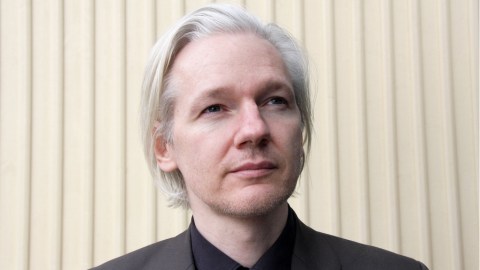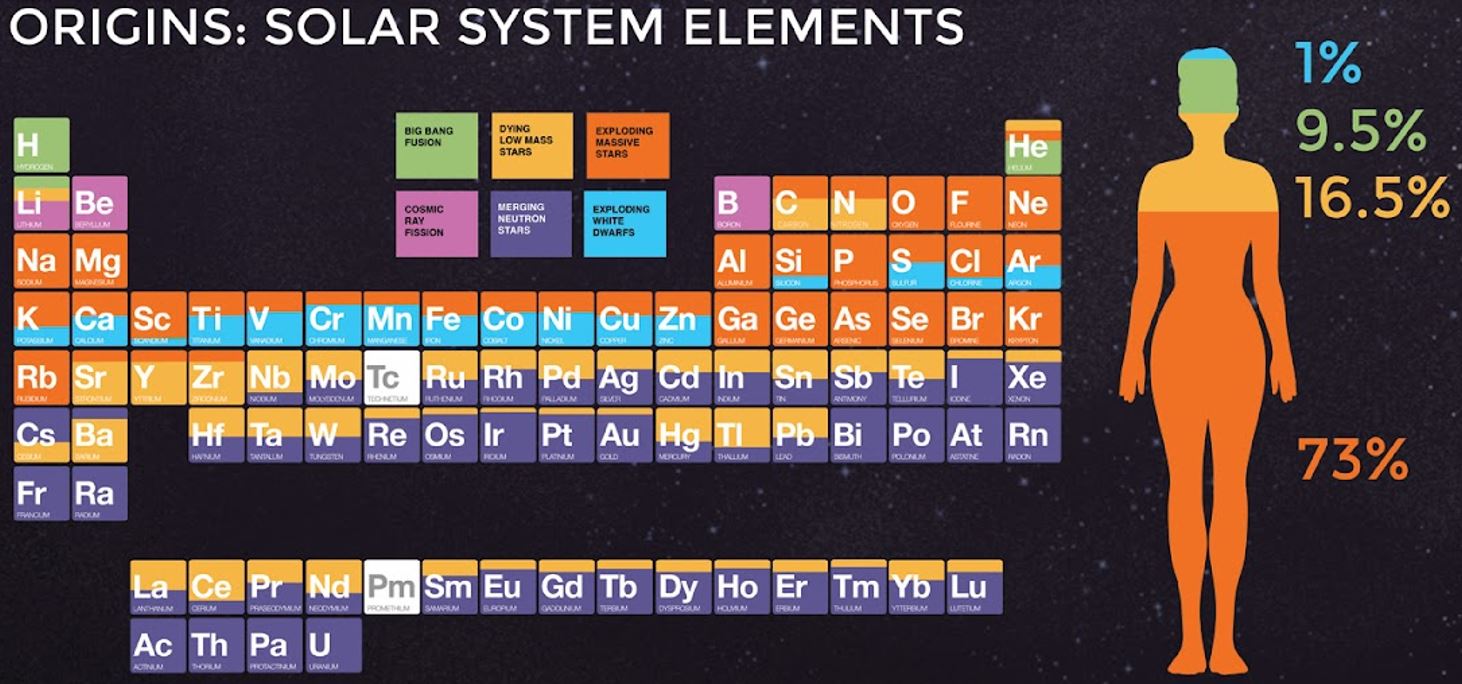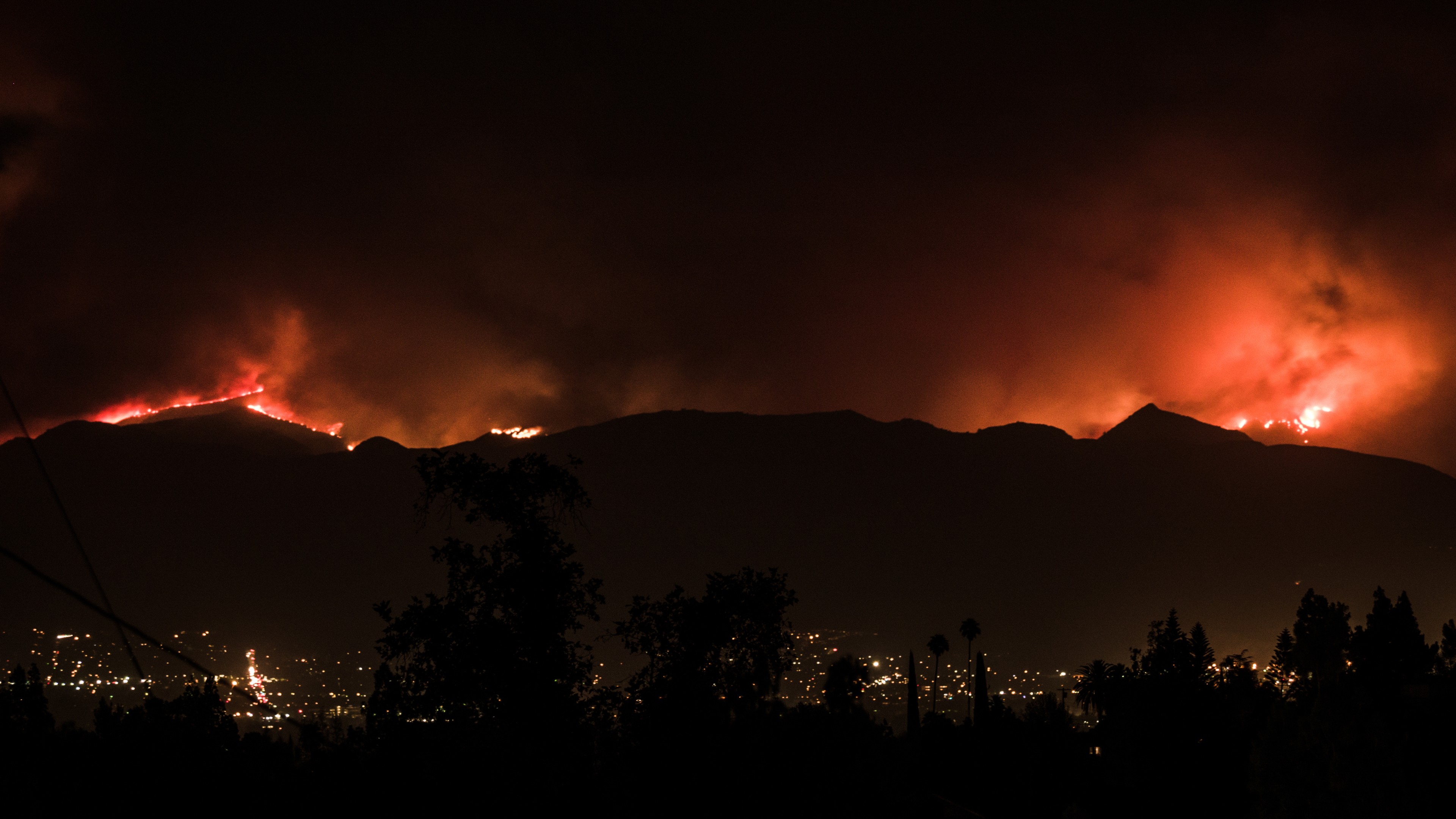How WikiLeaks Is Like Terrorism

Nobel prize-winning economist Michael Spence, famous for his pioneering work on economic signaling, told Big Think recently that WikiLeaks is similar to terrorism—but not in the way you might think.
“Some things are sufficiently important to be kept confidential,” he says. “If it’s impossible to keep them confidential in the electronic world, then they will be pulled out of that with significant costs in terms of efficiency.” In other words, if governments and businesses can’t overcome the challenge WikiLeaks poses to secrecy, they will have to return to cables—real, encrypted cables—which would severely hamstring productivity. “This could start a process that in some respects is like what terrorism as done which is to impose very high costs on countries and people and systems to try to minimize the potential threat,” says Spence.
But international relations expert Parag Khanna believes that greater access to information will allow for greater participation in global affairs. “WikiLeaks represents the empowerment of information,” he says in the clip below:
And the Nobel Prize Committee seems to agree: they have reportedly nominated him as one of the potential recipients for the 2011 Nobel Peace Prize.





